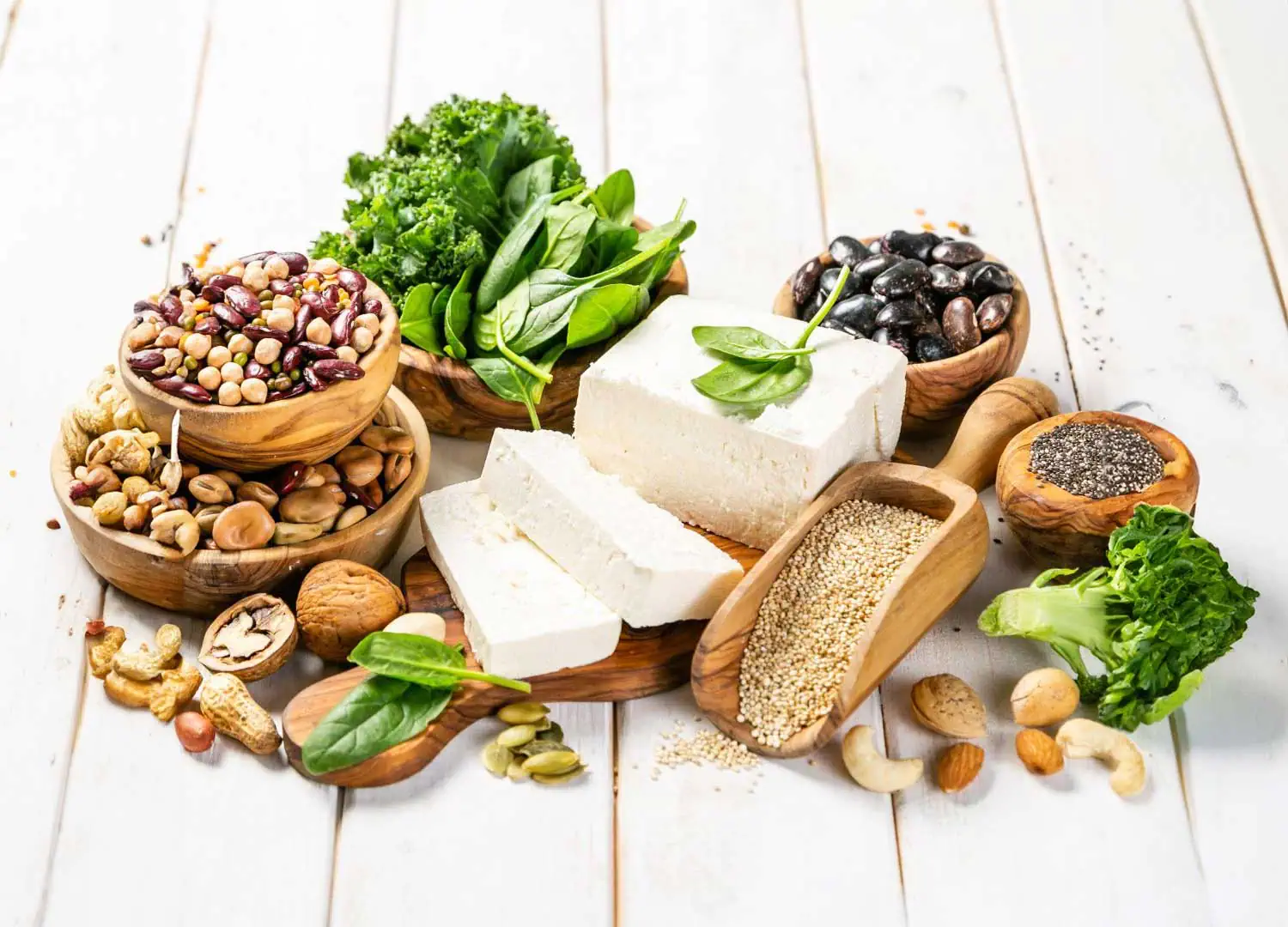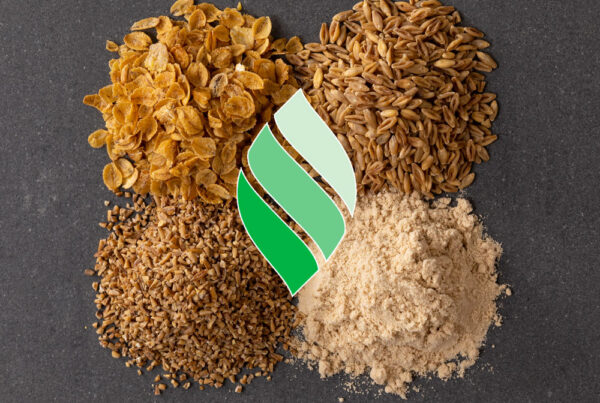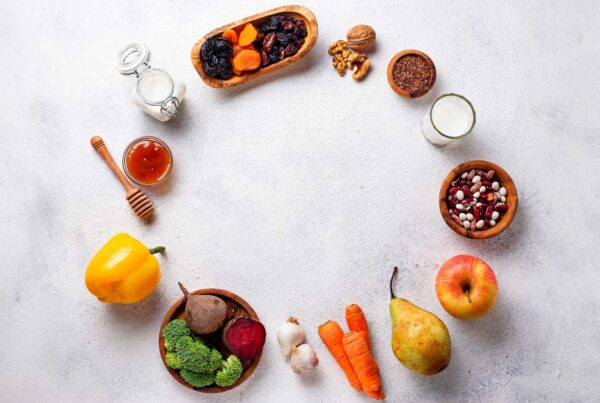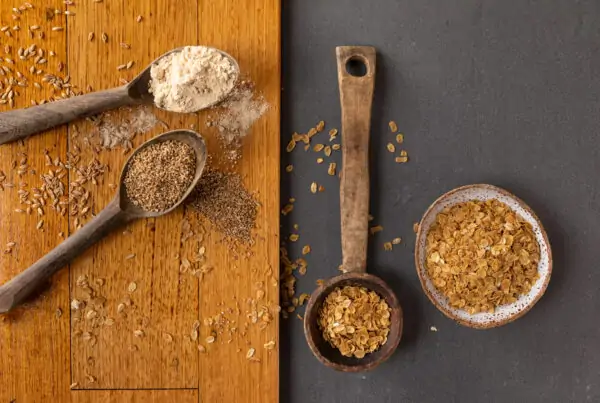If you’ve ever stumbled across the platform of a health professional online or have consulted with one personally, chances are you’ve heard them harp on about the importance of protein at least once or twice. Trust us, it’s for good reason!
Protein is one of three macronutrients, alongside carbohydrates and fat. Macronutrient is the collective name for compounds [foods] that can be broken down and utilised by the body as a source of energy. Carbohydrates are broken down into glucose to be used as an immediate source of energy, whereas proteins are broken down into amino acids and then stored in the body for later if a second reserve of energy is required due to the depletion of glycogen stores [common during strenuous events].
Interestingly, protein forms the structural component of every single cell within the human body. This means that it also plays an integral role in muscle growth and support, immune health and hormone production. Everyone needs a unique amount of protein each day depending on their age, gender, activity levels, nutrition goals and medical history. Generally speaking, most adults need approximately 0.80g of protein per kilogram of bodyweight per day
There are 20 different types of amino acids, the building blocks of protein. 9 of these are essential which means our body doesn’t produce them naturally and we *must* consume them via the foods we eat. The remaining 11 are non-essential as they are produced by the body.
All 9 essential amino acids are present in animal sources and by-products, whereas plant foods generally only contain a few essential amino acids – making it somewhat challenging for those following a predominant plant-based diet to meet their essential protein requirements.
With some careful consideration, however, individuals following a plant-centric diet can meet their protein needs in a way that is nutritious, sustainable and delicious.
Let’s look at how…
1. Have a thorough understanding of plant-based protein sources
Familiarizing yourself with plant sources of protein is the best way to ensure you are including these consistently in your diet.
These include:
- Lentils and legumes
- Nuts and seeds
- Certain wholegrains: BARLEYMAX® contains an impressive 15.8g of protein per 100g. This is significantly higher than other whole grains that also contain plant protein such as rolled oats, quinoa, black rice and rye
- Tofu: Tofu is the *only* plant food that contains all 9 essential amino acids so finding a way to include it in a plant-based diet can be really valuable
- Protein powders derived from plant sources such as peas
2. Include protein in your meals and snacks
Aim to consume at least one or two of the foods listed above in most of your meals and snacks throughout the day. Which brings us to our next point…
3. Consume a wide variety of plant proteins and pair complimentary proteins
Variety really is the spice of life! Given that plant sources of protein contain only partial amounts of essential amino acids, it’s important for vegetarians, vegans and those who predominantly consume plants to ensure they choose a diverse range of these foods every single day for optimal amino acid consumption.
Whilst all 9 won’t be present in one plant food, pairing certain plant foods together may guarantee a complete amino acid profile. This process is called pairing complementary proteins:
Grains [e.g BARLEYMAX] + legumes = complimentary proteins
Nuts + seeds = complimentary proteins
4. Consider adding BARLEYMAX® into your diet
BARLEYMAX® is one of the highest sources of plant protein in comparison to other whole grains. It contains 15.8g of plant protein per 100g [the equivalent amount of protein to 3 small eggs]. It also contains a unique blend of four different types of prebiotic fibre to support your gut health and immune system.
BARLEYMAX® is a versatile, healthy and delicious whole grain ingredient that can easily be added to your favourite sweet and savoury recipes. Team BARLEYMAX® love to pair the flakes with greek yoghurt and fresh berries for the ultimate protein-packed, gut-loving breakfast parfait.
Intended as general advice only. Consult your health care professional to discuss any specific concerns.




